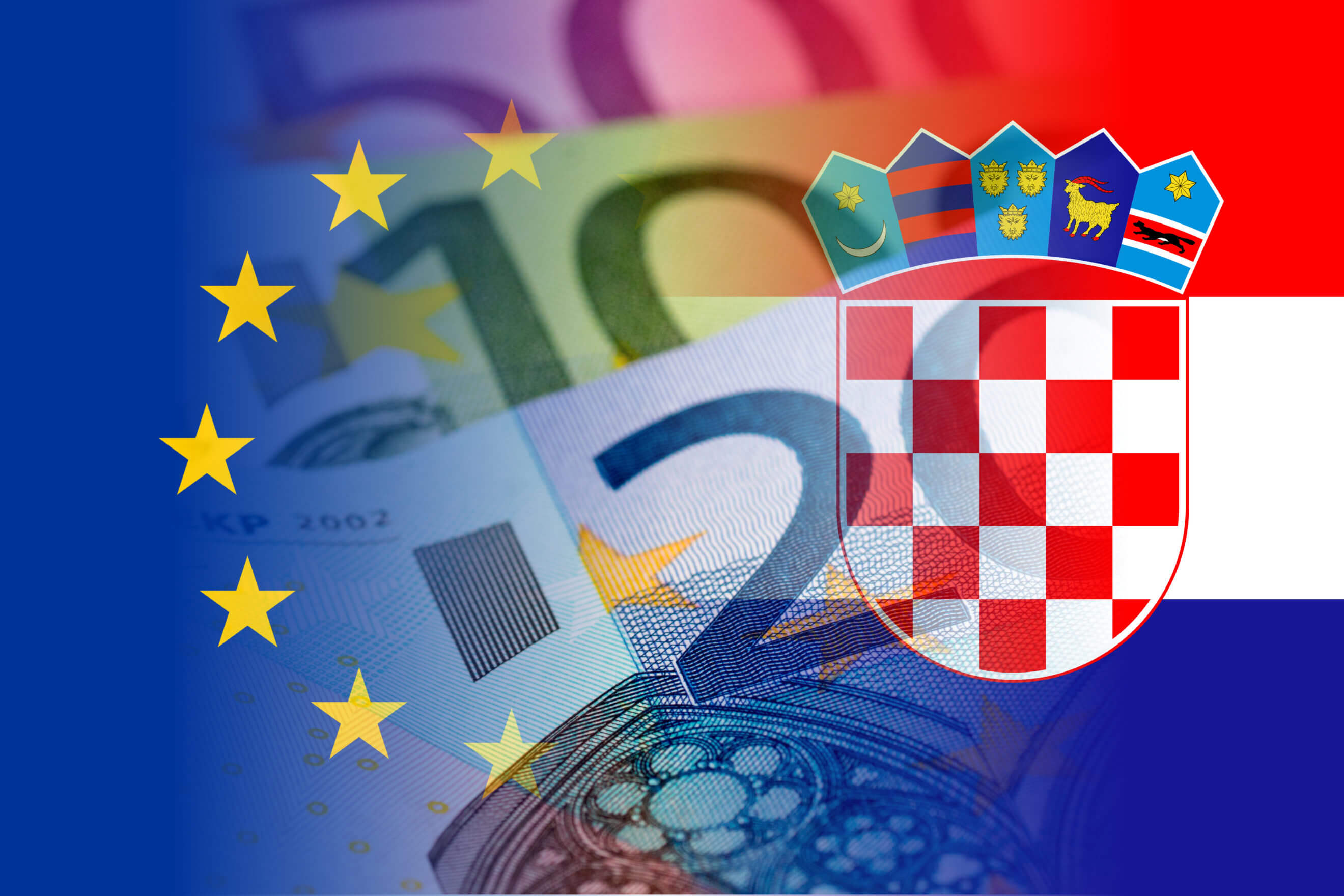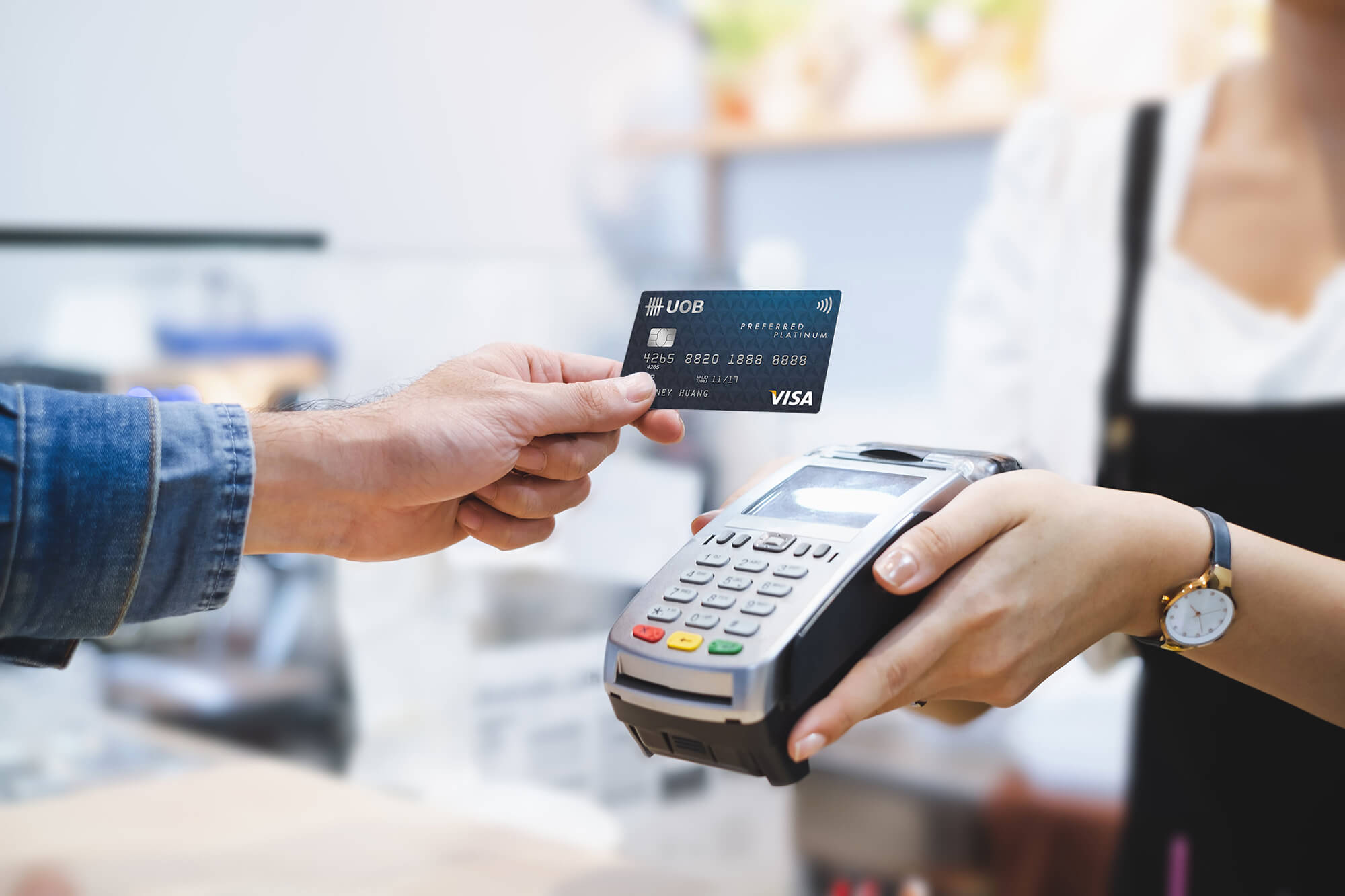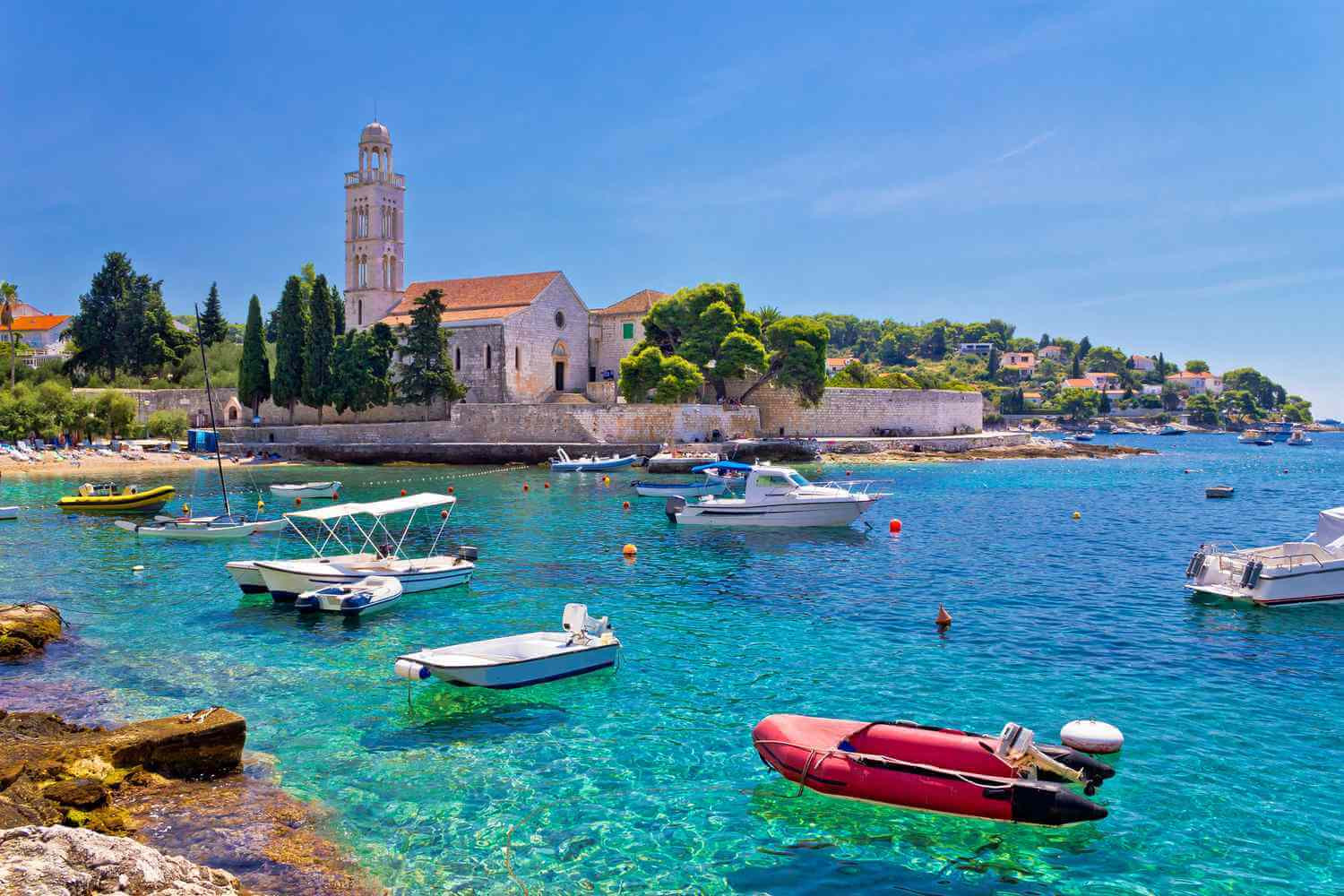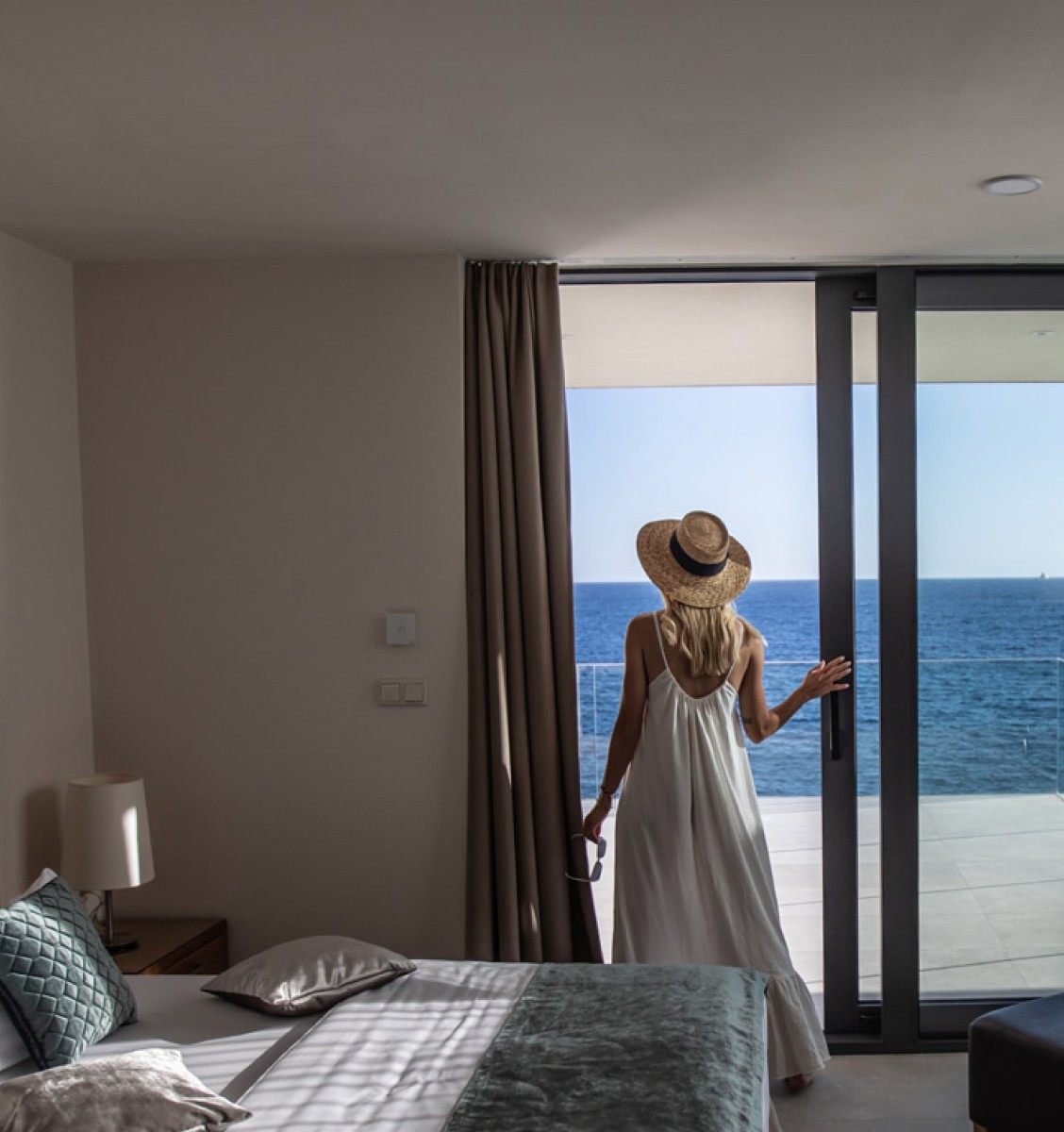Croatia is a tiny, but unbelievably stunning country in the Mediterranean. Every year it is hosting thousands of visitors from all around the world, offering them miles of beaches and vineyards, thousands of islands, delicious cuisine, and plenty of natural wonders.
Anyone who has been in Croatia before 2023 has met Croatian kunas, a now historical currency that has been used from 1994 up until this year. From now on, the euro is the new official currency, and all transactions are made with it.
In this article we will go through everything you need to know about the introduction of the Euro in Croatia, how to approach it here, and tips for payment while on your vacation.
Financial turnover in Croatia - introduction of Euro
Ever since Croatia joined the European Union on July 1st, 2013, it was its government’s job to prepare it for moving onto the Euro currency. Reasons for this are numerous, with some being better integration with the rest of Europe, and better financial stability since the kuna was not a very strong currency (with one kuna being equivalent to around 0.133 euros).
During the last months of 2022, the action of switching to euros has begun. All prices were shown in both euro and kuna, people were able to pay with both currencies and were given a time limit until the beginning of the next year to convert all their kunas to euros.
Now, kunas are a thing of the past, though stores still have both prices shown on the pricetags, for the reassurance of the locals. With the introduction of the euro, not much has changed, but people still have to learn how to properly pay and tip with it, as well as know how to choose between different payment methods.
If you’re coming from a non-EU country and need to exchange your currency for the euro, there are manyexchange shopsaround the cities, especially in the airports, ports, or bus stations.

Leaving a good impression - payment etiquette in Croatia
Whether you’re booking a fancy seaside villa, buying ice cream on the Zadar’s promenade, or just walking along the Split Riva looking for souvenirs, there are things you need to know when paying for services or goods. Here are some tips and tricks for leaving easing it up for the locals when paying.
Cards or cash - when to and not to use them
Credit cards can sometimes be a real blessing for cashiers. Since there is no change to be given back, you can freely walk out once your payment is accepted, and no little cents will be jingling in your pockets.
However, if you have already paid in cash before and have some change on you, think about paying with it, but ask the cashier beforehand if they’ll be able to cover the change since many markets are often struggling with the amount of smaller coins in their cash registers.
You can even ask if they can exchange your change for a paper bill, leaving them with more material to work with, and you with an easier wallet.
As for preferred payment methods in different situations, there are still some places where cash is preferred over credit cards and vice versa. When in a cafe bar or night clubs, pay with cash, and when you’re in big stores or buying travelling tickets, it is more acceptable to use credit cards.

Tipping - how and when to do it?
Tipping is a big part of Croatian culture and many locals practice it in various situations. Here, we will go through tipping advice when in cafe bars and restaurants since those are the places where tips are most expected.
-
Cafes → In Croatia, you will find cafe bars around every corner. We are famous for our rituals of drinking coffee outside every morning, more often with company than alone, just chatting and preparing for the day, or concluding one.
When you finish enjoying your drink and the time for paying the bill comes, think about tipping your waiter. In Croatia, tips are not included in your bill, so leaving the exact amount of cash is covering just the drinks. If you’re pleased with the service, think about leaving one to two euros to the waiter. Believe us, they will be thankful.
-
Restaurants→ Restaurants follow very much the same principles when it comes to tipping. If you’re paying with credit cards, tips are not included and, in many places, you cannot add a tip to your bill. If you’re paying with cash though, you are free to tip as much as you liked the food and the service. Usually, locals will just tell the waiter toround upthe sum on the bill.
Conclusion - clean bills, good friends
In Croatia, there is a proverb saying “Čist račun, duga ljubav”. Coming from Latin, it has been preserved in Croatia as a phrase where, if people have no depts to one another, their relationship is good.
So, next time you come to Croatia, mindfully pay your bills and don’t hesitate to reward our hardworking people. We wish you a pleasant stay in Croatia!









